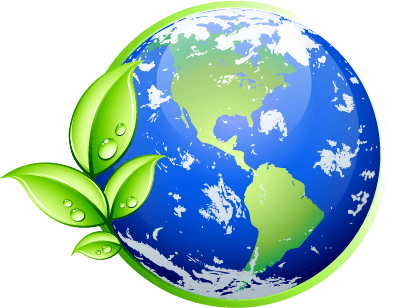Economics and Physical Economy
We wish to frame the discussion of economics in the science of physical economy, not monetarism. Human Economy is to be seen as a creative-productive process, maintained and furthered in service of the “Common Good”, not a practice of financial manipulation of values, with schemes to increase the extraction of income from consumers at the lowest cost to the stockholder and title owner.
Thus we start from the humanist premise that economics is established to facilitate the growth and expansion of the material conditions of life, for an increasing number of people, done in tandem with the coordination and directing of physical action and mental activity towards nation building and science driver missions. Some historic examples that typify this quality of relationships are such great projects as the transcontinental railroad that physically unified the United States, the Apollo mission to put mankind on the moon, or the Rural Electrification and TVA projects that provided electricity to much of the West, and which facilitated the emergence of the U.S. as a global Argo-Industrial power house.
Therefore, physical economy is the study of how to maximize the transformation of material, energetic, and human inputs into necessary and useful effects and outputs that benefit the whole of human civilization, and which establish increasingly higher orders of new potential to further the creative growth process. This is the substance of the concept behind the universal notion of each generation wishing to create the conditions for the “next generation to have it better than they had it”.
At its root, wealth is the product of creative human thought and scientific discovery, and money is merely the tool and means for bookkeeping in the service of production.
